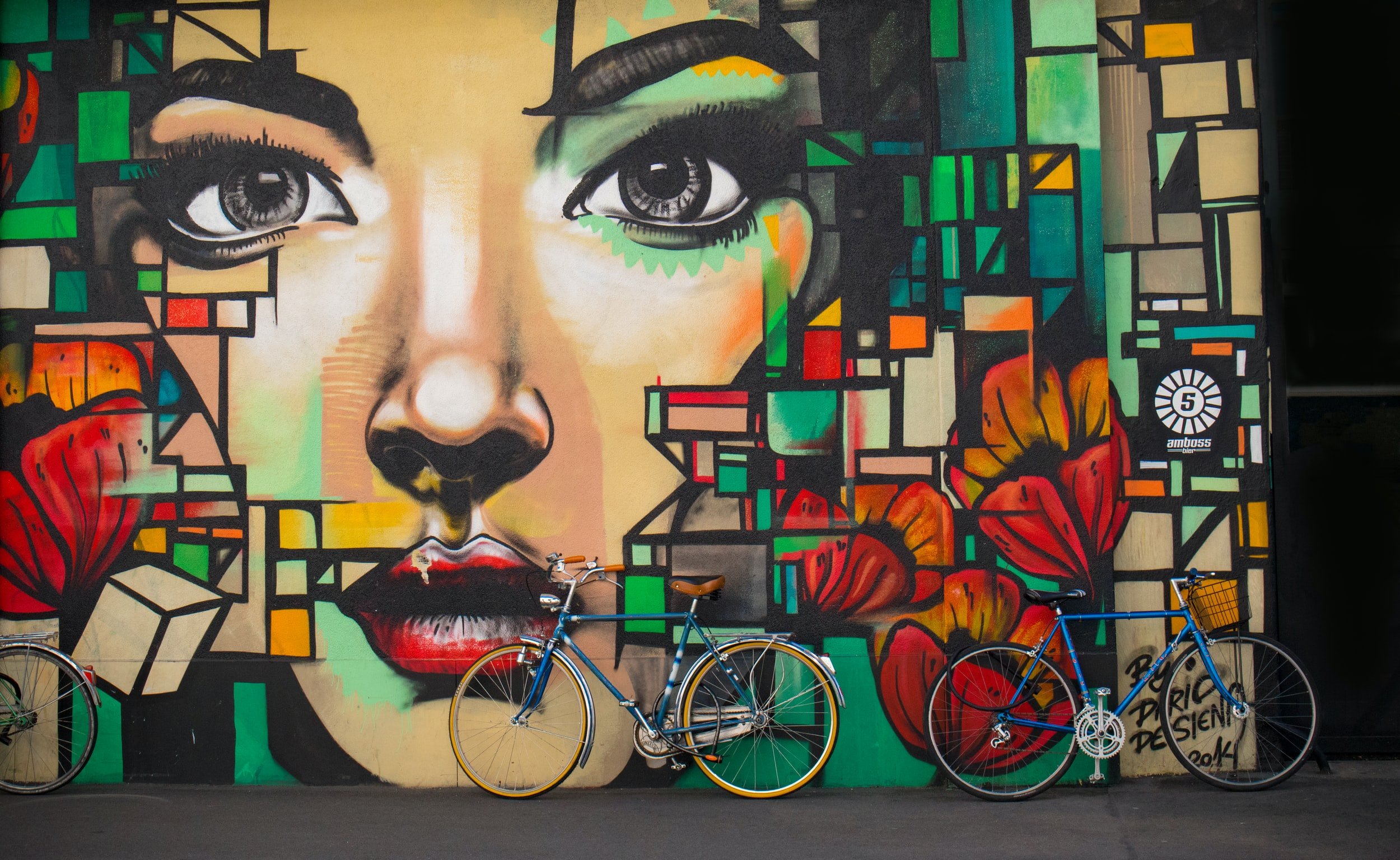New To Painting? Here's Some Advice To Get You Started...
Painting is more about overcoming inhibitions than it is about creating a picture; being successful at painting requires practice, experience, and observation. Painting is a hobby. The act of painting may stimulate your imagination, prompting you to study how you make meaning of your surroundings. If this is your first time taking up a paintbrush, here are some pointers to get you started.
Everyone has to start somewhere. Start now!
If you have no prior painting skills, acrylic paints are a wonderful place to start. They are inexpensive and straightforward to use for beginners. Acrylic paints, in addition to being water-soluble, are easy to remove from your materials, dry rapidly, and are forgiving.
Before you stand in front of the canvas for the first time, plan out what you want to paint. This will keep you from hitting a creative wall. You can acquire ideas by creating a Pinterest board dedicated to the subject or by browsing for and attempting to imitate photos that you admire. The process of collecting photographs that you find lovely can help to inspire you, increase your creativity, and encourage you to think visually.
Maintain an art journal.
Create a habit of maintaining a visual art journal, particularly one that is A4 or A3 in size and made on thick paper. This may be used to help you organise your drawings, locate stuff to draw, and experiment in different creative ways. When you are just starting to establish your particular painting style, keeping a visual journal will help you visualise the painting style or form that you want to examine.
Materials and equipment
Purchase several high-quality paint brushes with soft and robust bristles, as well as a range of palette knives in various sizes. Hard-bristled paintbrushes are best for painting with heavier paints like oil and acrylic, but soft-bristled paintbrushes are better for making smoother brushstrokes, as in watercolour painting. If you are having problems choosing the right brushes for your work, go to your local art supply store for some inspiration and tips.
Brushes are such a crucial part of a painter's toolkit that they must be kept in good condition. The lifespan of your brushes is directly linked to how effectively you clean and maintain them. You should have a big jar of water near your workplace to store your painting brushes in while you work. However, once you have finished for the day, remember to drain the water and clean your brushes. Even though it is preferable to keep your brush moist when painting, soaking your brushes in water for an extended period of time can cause them to get deformed and damaged.
While painting, you should experiment with different brushes for different colours of paint. If you do this while painting on a canvas from The Sydney Canvas Company, you will not have to worry about accidentally mixing colours. To separate your colours, you do not need a costly paint palette. Instead, use a large plastic or ceramic dish, which will give you plenty of room to mix the colours together. Simply covering your plate in plastic wrap can keep the paint from drying while you take a break.





